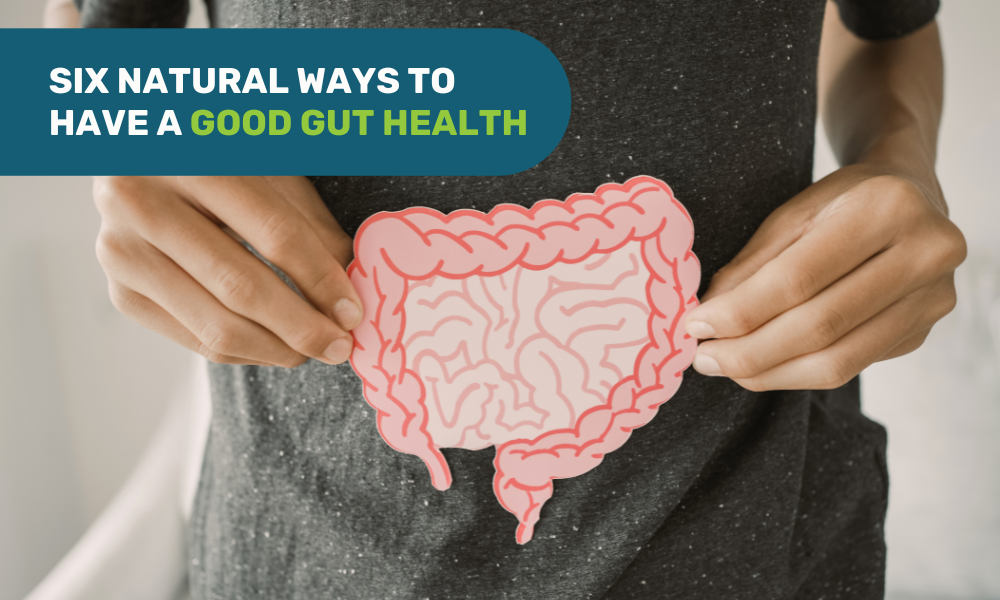A healthy gut is the foundation of overall good health. Our intestine consists of 200 different species of microorganisms. These microbes are beneficial for our overall health and crucial in creating balance in our digestive process.
Gut health directly impacts our immune system, cardiovascular health, and mental health. An unhealthy gut is often identified when somebody’s digestive system is not working properly. When the gut is unhealthy, it may cause health complications such as autoimmune diseases, cardiovascular diseases, gastrointestinal disorders, and even cancer.
However, disturbed sleep patterns, higher stress levels, major changes in weight and hormone levels, and the development of diseases can point towards an unhealthy gut, too. We must work on our gut health, which is vital for our overall well-being. Here are a few simple yet effective ways that can improve our gut health:
- Prefer cooked foods over raw foods: While there is a notion that raw foods are better, cooking helps to make protein foods, even plant-based ones, more digestible and safer to consume. Cooking also eliminates toxins from some plant pulses, such as kidney beans. That is why one must always cook food well to get the best out of the food and eventually lower the burden on the gut to digest raw food.
- Consume probiotic-rich foods: Indian meals are often accompanied by yogurt or buttermilk. They contain probiotics that supplement the diet and promote the growth of good bacteria in the gut, leading to better and improved digestion. Therefore, one must not forget to add yogurt to one’s diet.
- Consume ghee in moderation: Clarified butter or ghee has significant health benefits when added to our food. Ghee is traditionally, a part of Indian meals, and it not only enhances the flavour and taste of the food but also lubricates the digestive tract, enabling better bowel movements. A teaspoon of ghee in our main course dal or vegetable is the perfect quantity to get the best results.
- Intermittent fasting: Intermittent fasting is popularly considered the best way to lose weight. When we stop intake of solid food for 12–16 hours, we become more careful with what we eat. It reduces inflammation and improves heart health and works in the cell repair process, ultimately leading to a healthier gut. If fasting for a long duration is not possible, one must start with a light dinner, where one can cut down on carbohydrates from the meal.
- Avoid cold or iced beverages: Cold beverages or chilled water can constrict blood vessels and impair digestion. When we drink cold beverages or chilled water, the natural process of absorbing nutrients during digestion is hampered, impacting the gut. Therefore, water at normal room temperature is apt for aiding digestion.
- Regular morning walk or exercise: Incorporating a morning walk into our schedule helps the body burn the extra calories but also helps lower blood pressure and improve blood circulation. One can also exercise for about 20 minutes, and it could be in the form of cardio, pilates, or yoga. This helps in having a healthier bowel movement.
These simple changes in our everyday life can help us improve our gut health, and lead us towards a healthier life. However, in case of any digestive issues, one must consult a gastroenterologist. To consult an expert, CLICK HERE.





